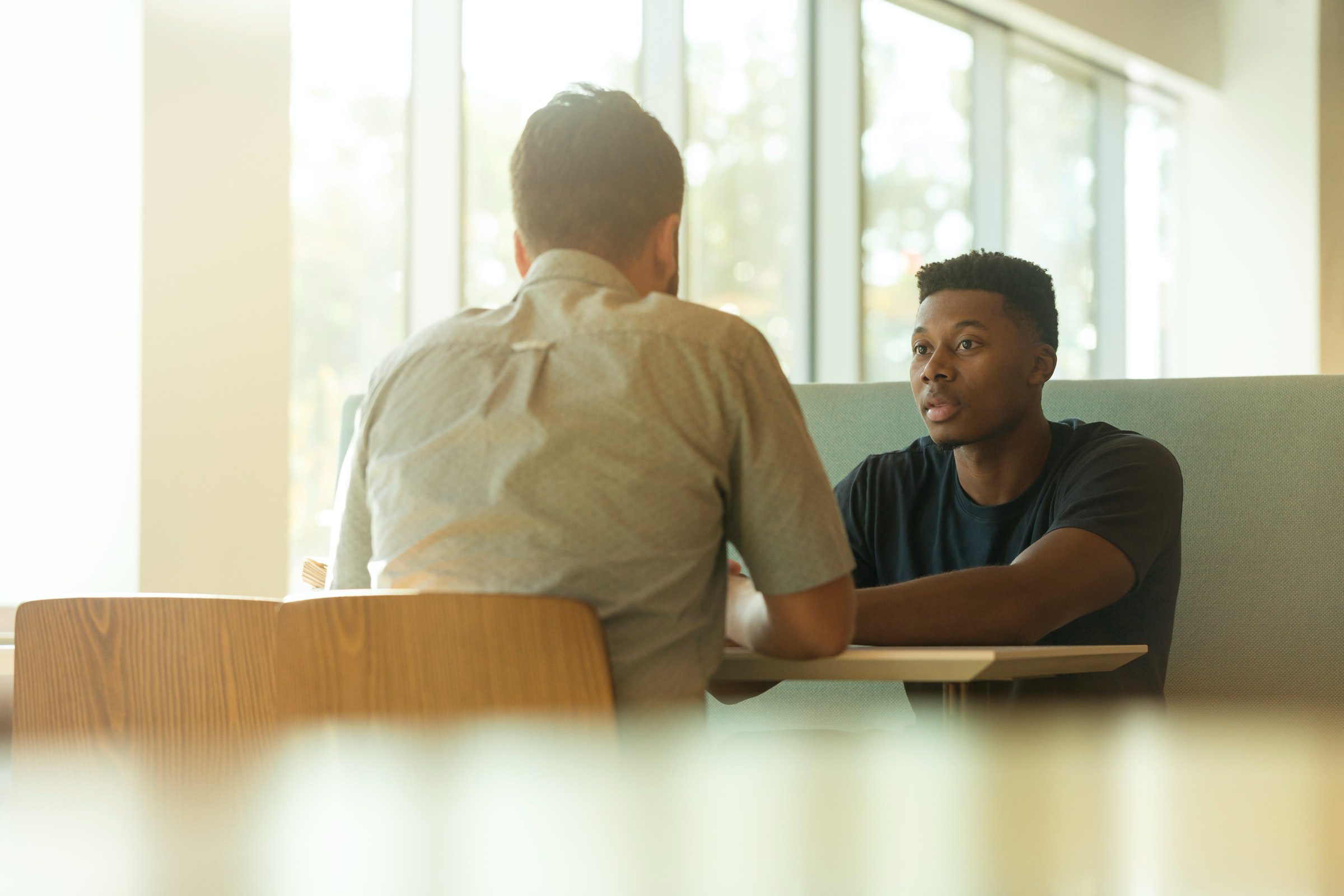Civil Discourse: (In)civilities
Subscribe to the ThinkND podcast on Apple, Spotify, or Google.
Featured Speakers:
- Amanda G. McKendree, Associate Teaching Professor of Management and Arthur F. and Mary J. O’Neil Director of The Eugene D. Fanning Center for Business Communication, Department of Management & Organization, University of Notre Dame
- Stacey K. Sowards, Professor in the Department of Communication Studies, University of Texas at Austin
The third and final virtual event of the Civil Discourse series was titled (In)civilities. The event explored the idea of politeness and how it plays a role in how people engage in discourse. This event was moderated by Amanda G. McKendree and featured Stacey K. Sowards.
Sowards introduced participants into what is meant by politeness and how it affects our ability to communicate with others. She says that there is an expectation in society to act politely, especially for minority groups and women of all colors. While politeness has its place in some situations, Sowards believed that if agressions are bottled up by politeness, important conversation may never be had or emotions may boil over in a way someone had not intended. Sowards asserted that social protest is a way for people to get the attention of others where politeness may never.
McKendree asked Sowards to dive deeper into her meaning of politeness. Sowards compared politeness to the “good girl” narrative, where young girls are taught to be kind to others rather than voicing their opinions and speaking out. Sowards thought politeness is important, but suggested that there are times when it is okay not to be polite. McKendree then posed two other important questions: How does one facilitate change in society, and how can someone break out from the social norms of politeness? Sowards thought the best way would be to call people into the conversation rather than calling people out. Sowards thought the best dialogue can occur when all parties are willing to engage in conversation.
McKendree alluded back to what was discussed in the second event of the Civil Discourse series on listening, and asked Sowards for advice on navigating a conversation with another person about an uncomfortable or tough topic. Sowards believed that it is an important skill to be able to sit with discomfort. She said that instead of being defensive, people should reflect and admit when they are wrong, and figure out how to learn from it.
Finally, McKendree asked Sowards to share her key takeaways from the discussion. Sowards offered three. The first was to be conscious of when to act with civility and when not to. The second was to be able to sit with discomfort when engaging with another. The third was to remember that politeness may limit a conversation from fear of offending.
- Politeness is important. However, there are times when it is okay to not follow the social norms of being polite when discussing something.
- People often become defensive when they are called out. This defensiveness can limit the extent in which a problem gets solved.
- “There is an expectation for politeness in civil discourse in the workplace.” — Stacey Sowards, 3:07
- “Politeness is definitely valued, especially for women in our society and is something we should certainly strive for in certain circumstances. But I think there are moments in which we might want to violate those social norms.” — Stacey Sowards, 7:55
- “We engage in more meaningful conversations when we have connections with people.” — Stacey Sowards, 37:40
Related Content
Communicating Across Cultures
Whether you are operating a global business or working within a highly diverse American workplace, effective intercultural communication skills are critical. In this lecture, you...
View TakeawaysCivil Discourse: Becoming a Better Conversation Partner
The coronavirus pandemic has changed the way we communicate in our families, our professions, and our communities. Although some of these changes are positive, including the...
View TakeawaysCivil Discourse: The Freedom to Listen
Beyond recognizing the inherent importance of public discourse to democracy, a reckoning must be made that listening itself constitutes discourse as much as does speech — that...
View Event


